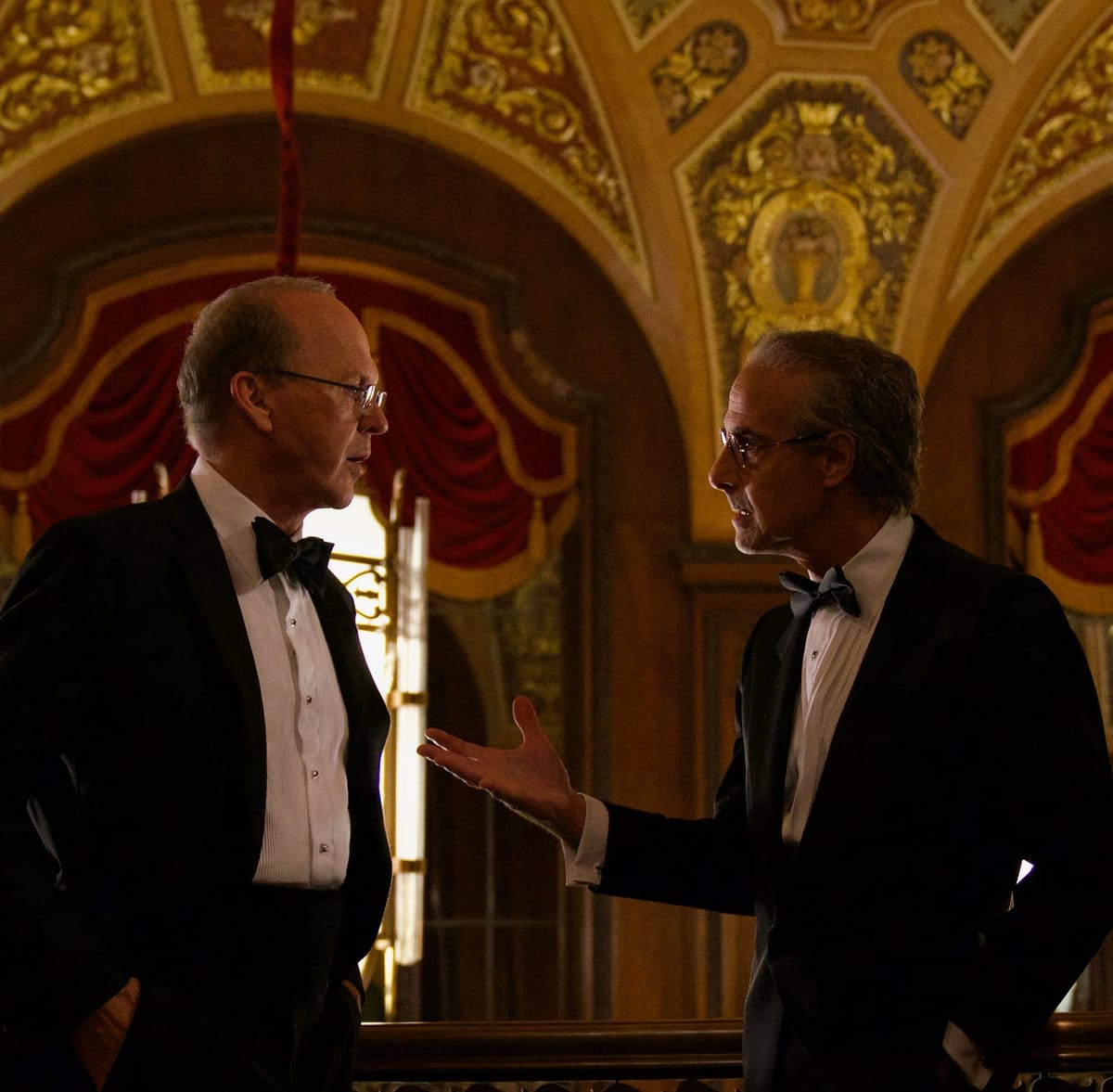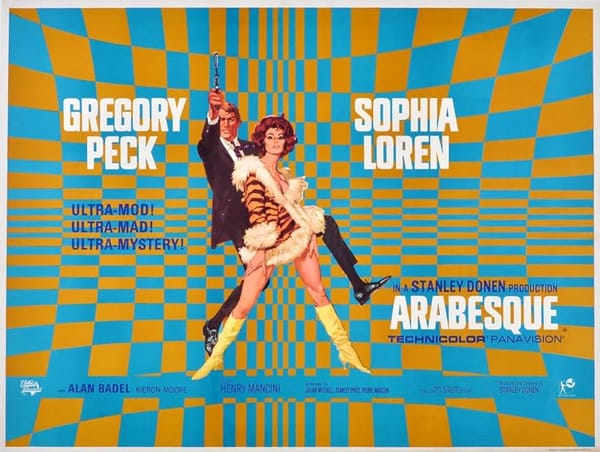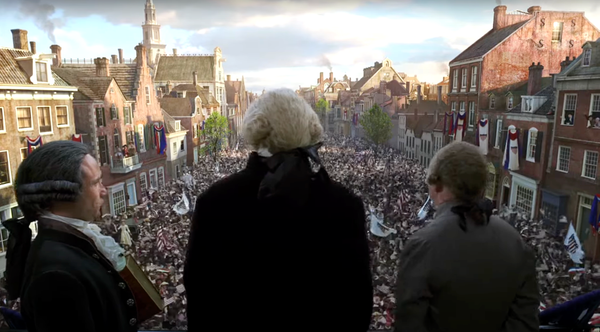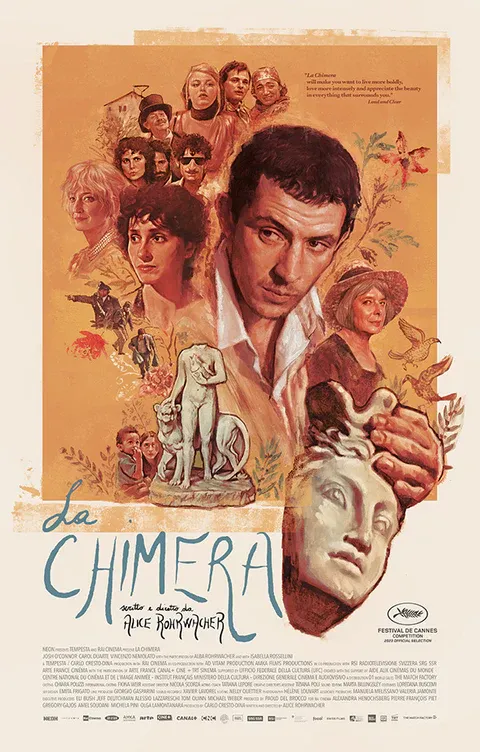9/11 and the Weights of Memory
"Worth," on Netflix, is a drama of value, monetary and otherwise

On the morning of September 11, 2001, I left my house on 7th Street in Brooklyn and walked two blocks to cast a vote in New York’s mayoral primary. It seemed a perfect fall day, with crisp blue skies and champagne air. Leaving the polling place, I headed down to Sixth Avenue, where a man was standing on the corner, looking at something out of my line of sight in the distance. As I got closer, he shouted, “Oh my God,” and I reached him just in time to see the dissipating billow of smoke and fire from the second plane’s impact.
A mile away, my wife and my two daughters, then four and six, were on the fifth floor of a school building directly overlooking New York Harbor. The first plane hit the North Tower while the last wave of parents were dropping off their children, and the grownups all stayed, helping the teachers keep order and reaching out to the parents who weren’t there. Everyone worked to make sure the kids were busy at play tables and away from the windows where disaster was progressing more unthinkably with each minute. My older daughter still insists she saw the second plane smash into the South Tower.
The wind blew west to east that day, as it usually does, and when the children went outside later in the morning, ashes and papers from across the East River filled the air. My older daughter came home clutching a charred memorandum. I still have it in the back of a file cabinet somewhere, along with a copy of the next day’s New York Times.
I went to work that day. I don’t know why. After watching the second plane hit, I got on the subway and traveled from Brooklyn to midtown Manhattan, watching through the windows as the towers burned when we crossed the railroad bridge over the Gowanus Canal. Somehow I was not able to process what I was seeing as the apocalypse it was. After I arrived at work, the subway system shut down, and at lunchtime, the handful of us who had shown up walked uptown to Mt. Sinai Hospital to donate blood. We were told there was no one to donate blood to. As we walked back to the office along Broadway, we passed men and women returning home from far downtown, shell-shocked and coated with ash.
By quitting time, the subways were working again, and I returned home as if everything were normal. In the evening, my wife and I took our daughters to a candlelight vigil at the neighborhood firehouse, Squad 1 on Union Street, which lost 12 men from a company of 27. The air in Brooklyn reeked of burning plastic for weeks. Our family was lucky: Our immediate circle and our outer social circle were untouched. No, that’s wrong: We simply didn’t personally know anyone who was killed. But no one was untouched, not in New York, nor in the rest of the country, nor, ultimately, in most of the world.
I’m writing these words because “Worth,” a new movie premiering on Netflix close to the 20th anniversary of 9/11, allowed me to revisit my own inconsequential experience of the event with a fresh and solemn clarity, and because remembrance is at the core of its concerns. Starring Michael Keaton as Ken Feinberg, the attorney who oversaw the September 11th Victim Compensation Fund, the film’s the rare piece of popular culture to revisit the aftermath of that day in a way that feels commensurate with the immensity of its sorrow. The movie doesn’t entirely escape the whiff of exploitation – more on that in a bit – but because the subject itself is the difficulty, the sheer impossibility, of placing a numerical value on grief, “Worth” has to convey what that grief looked like, sounded like, and felt like on both the individual level and the societal. The movie does so well enough, ironically, to complicate one’s feelings toward the man at its center.

Feinberg was a successful litigator and law professor — we see him mesmerizing a class in the opening scene — when he was tapped by Attorney General John Ashcroft to be Special Master of the Victim’s Fund, which he accepted on a pro bono basis. “Worth” is upfront about how the effort was less an act of governmental generosity than an attempt to sidestep thousands of individual lawsuits, which is only one reason many if not most of the survivors were suspicious. In the film, Feinberg’s team needs 80 percent of the victims’ families to sign up for the fund or it won’t happen, and that becomes the tick-tick-tick of the movie’s suspense. Or it tries to be; whenever “Worth” leans on familiar narrative conventions, it feels slightly cheap. When it engages with the emotions at the center of the room, the many ways and phases of mourning, the film has the weight of honesty.
You can’t put a number on a person’s life, of course; the attempt alone feels obscene. Yet we do, and the implication is that Feinberg has prospered up to now by litigating liability on a case-by-case basis, with plenty of legal precedents to back him up. It’s the scope of the loss here and the Fund’s process of tallying up the holdings and lost earning potential of the individual victims that strikes the surviving family members (and us) as grotesque and unfair – insult slapped onto unimaginable injury. Stanley Tucci, sane and unkempt, plays Charles Wolf, whose wife worked on the 97th floor of the North Tower and whose grassroots group Fix the Fund pushed back against Feinberg’s cold calculations.
“Worth” is directed by Sara Colangelo (“The Kindergarten Teacher”) and written by Max Bornstein; the script is based on Feinberg’s 2007 memoir “What is Life Worth?” Presumably some of the conundrums that Feinberg’s team address have their basis in reality: A gay man (Andy Schneeflock) whose dead partner’s parents won’t recognize his existence or right to grieve; a widow (Laura Benanti) whose fireman husband turns out to have had a second family on the side. The most powerful scenes in “Worth” simply allow the survivors (or the actors playing them) to speak about the final phone calls from loved ones, scenes that put a viewer back with full force into that day – where you were, who you reached out to, how you measured your own sense of personal or national loss.
Keaton is excellent, as expected. The movie feels of a piece, to a point, with the 2015 Oscar winner “Spotlight,” in that it’s a process film, placing value on the slow, steady accretion of information and moral gravity rather than dramatic twists (which, as mentioned, can’t help but feel canned in this context). Keaton played The Boston Globe editor Robby Robinson in “Spotlight,” and here he retains the restrained local accent (Feinberg’s from Brockton, Mass.) and the owlish, intelligent remove – you sense Feinberg always sizing things up before committing. This, of course, is the emotional arc of “Worth,” the journey of a dry actuary toward opening his heart to the messiness of human life and to the uselessness of quantifying the holes left by death. It’s when that journey starts to assume center stage in the final act of “Worth” that you may find yourself balking. The filmmakers in no way intend to suggest that 3,000 people died so that Ken Feinberg could become a better, more feeling person. It just can’t help implying as much through the conventionality of its dramatic structure. But see “Worth” anyway, for the knotty existential questions it raises and for the somber grace with which it commemorates the day and the dead and the lives they left behind. I was grateful to have watched it.
n





